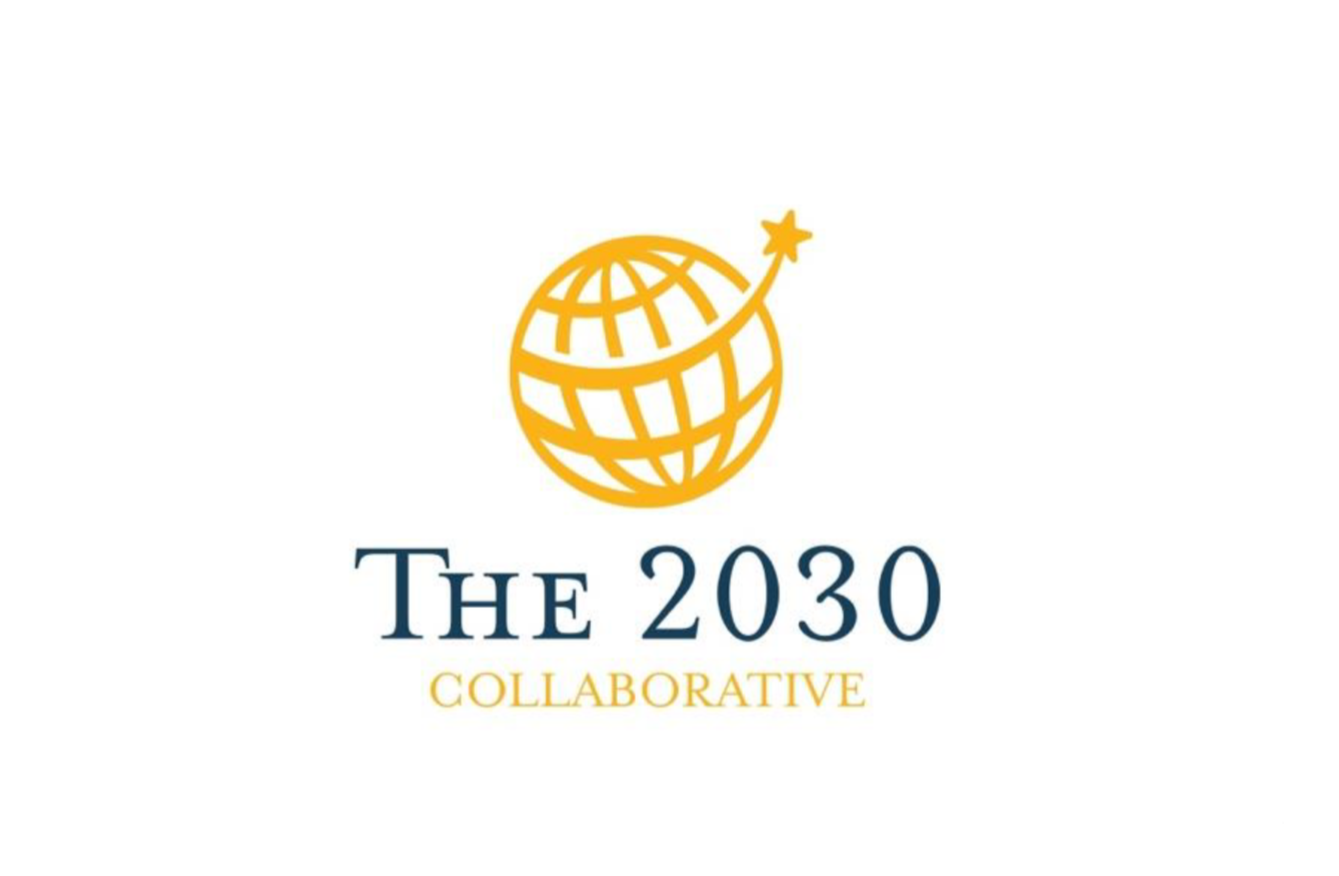March 27, 2024
On March 26th, Former Senate Majority Leader Bill Frist (R-TN) and 220 members from the Faith-Based Coalition for the Global Fund to Fight AIDS, Tuberculosis and Malaria sent a letter to leaders of House and Senate Appropriations Committee and Subcommittees on investment in the Global Fund in Fiscal Year 2025.
The letter urges a $1.65 billion investment in fiscal year 2025 to support a program that has saved so many lives— 59 million since 2002— prioritizing the most vulnerable communities and uplifting the work of faith-based and local caregivers.
Click here to read the letter:
Dear Chairwoman Granger, Ranking Member DeLauro, Chairman Diaz Balart, Ranking Member Lee, Senator Murray, Senator Collins, Senator Coons, Senator Graham:
As leaders of faith communities across our nation, we write to express our deep gratitude for your steadfast leadership on the House and Senate Appropriations Committees and Subcommittees on State, Foreign Operations and Related Programs (SFOPS).
Your unwavering support of the Global Fund to Fight AIDS, Tuberculosis and Malaria reflects a commitment to saving millions of babies, children and adults and ensuring access to essential healthcare for the most vulnerable populations worldwide. In light of acute needs of those affected by AIDS, TB and malaria and most endangered by arising challenges posed by pandemics, we respectfully urge Congress to allocate as much funding as possible, up to $1.65 billion, for the Global Fund in fiscal year 2025. This would sustain prevention, testing and treatment for those most in need at the level appropriated for fiscal year 2024.
The impact of the Global Fund’s work is immense, reflecting our shared belief in the inherent worth and dignity of every individual. And it is measurable. Since its establishment in 2002, the Global Fund and its partners have served as a beacon of hope, saving 59 million lives and significantly reducing death rates from AIDS, TB and malaria in countries where they operate. Particularly noteworthy is the 72% reduction in death rates from HIV/AIDS since the Fund’s inception.
In the spirit of our faith, which calls for care for the sick, comfort for the afflicted and help for the marginalized, we are particularly inspired by the Global Fund’s commitment to prioritizing the poorest and most disadvantaged communities, notably women and girls. For instance, HIV incidence among women and girls aged 15 to 24 has declined by 67% in thirteen Global Fund priority sub-Saharan African countries since 2010.
In 2022 alone, the Global Fund and its partners provided antiretroviral treatment for HIV to 24.5 million individuals, TB treatment to 6.7 million individuals and distributed 220 million mosquito nets for malaria prevention. These efforts not only saved lives but also contributed to broader global health security and resilience.
A $1.65 billion investment in the Global Fund would save an additional 1.9 million lives; provide 2.6 million HIV-positive people with antiretroviral therapy; give 1.6 million more people TB treatment and care; and serve 26.8 million more people with malaria treatment and care.
U.S. leadership and investment in the Global Fund have propelled contributions from other major donors, as our example drives collective good works confronting the most perilous health challenges. By continuing to prioritize funding for the Global Fund, the United States can inspire additional commitments from other donors, further amplifying impact.
True healing comes not only through medical interventions but also through acts of compassion and solidarity. Your continued support of the Global Fund, including its mission and its results, affirms these values and our commitment to building a safer world for all.
Thank you for your thoughtful and prayerful consideration of funding for the Global Fund and continuing to prioritize investments in global health and human security.
In faith and solidarity,
Sincerely,
Senator Bill Frist, MD
Chairman, Advisory Board, 2030 Collaborative

